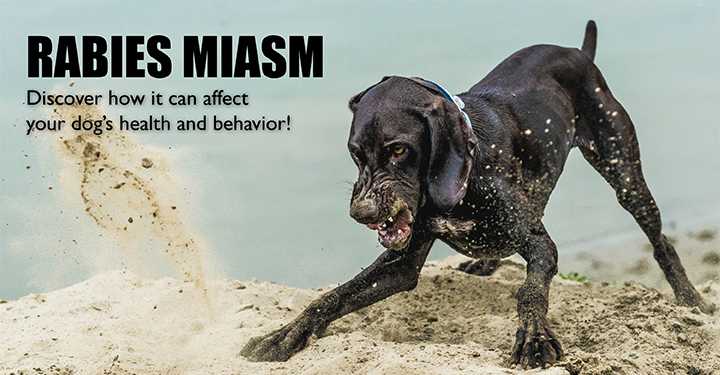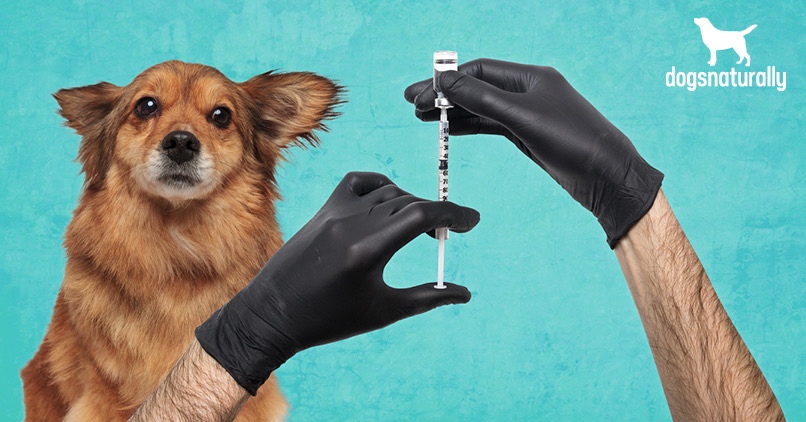
Can Rabies Vaccine Cause Aggression In Dogs. Rabid animals can develop fear of being alone and in dogs with rabies vaccinosis this can translate into separation anxiety which is an increasingly common problem in dogs today. The second rabies vaccination is given one year after the first vaccine. Consider the World Health. She could also be suffering from inherited rabies miasm.

Cynthia Wiseman a veterinarian at Springfield Veterinary Clinic who was contacted by the News-Leader for comment about the attack echoed Hoods comments saying she has never heard of vaccines leading to aggression in dogs. Although not very common the clinical signs can range from mild symptoms to life threatening emergencies. Dogs with rabies can become unusually aggressive. Rabid animals can develop fear of being alone and in dogs with rabies vaccinosis this can translate into separation anxiety which is an increasingly common problem in dogs today. A vaccine-associated sarcoma VAS or feline injection-site sarcoma FISS is a type of malignant tumor found in cats and often dogs and ferrets which has been linked to certain vaccines. When they do happen they include slight fever lethargy decreased appetite and a localized swelling at the vaccine site.
It is virtually impossible to predict that an animal is allergic unless a previous reaction has been noted.
Rabies aggression will show up in the initial stage or it can come after the virus has reached a dogs nervous system. Check your individual hospital protocol local ordinances and vaccine manufacturer to determine an appropriate rabies vaccine schedule for dogs in your practice. Then your dog will be vaccinated every year or every three years depending on the state law and the vaccine used. All of the above behaviors and symptoms could be part of the rabies miasm acquired from a rabies vaccine or even the bite of another vaccinated animal. Dogs with rabies can become unusually aggressive. It will not immunize the dog.